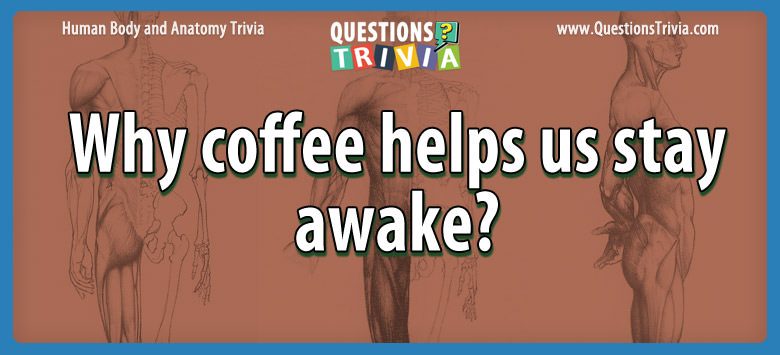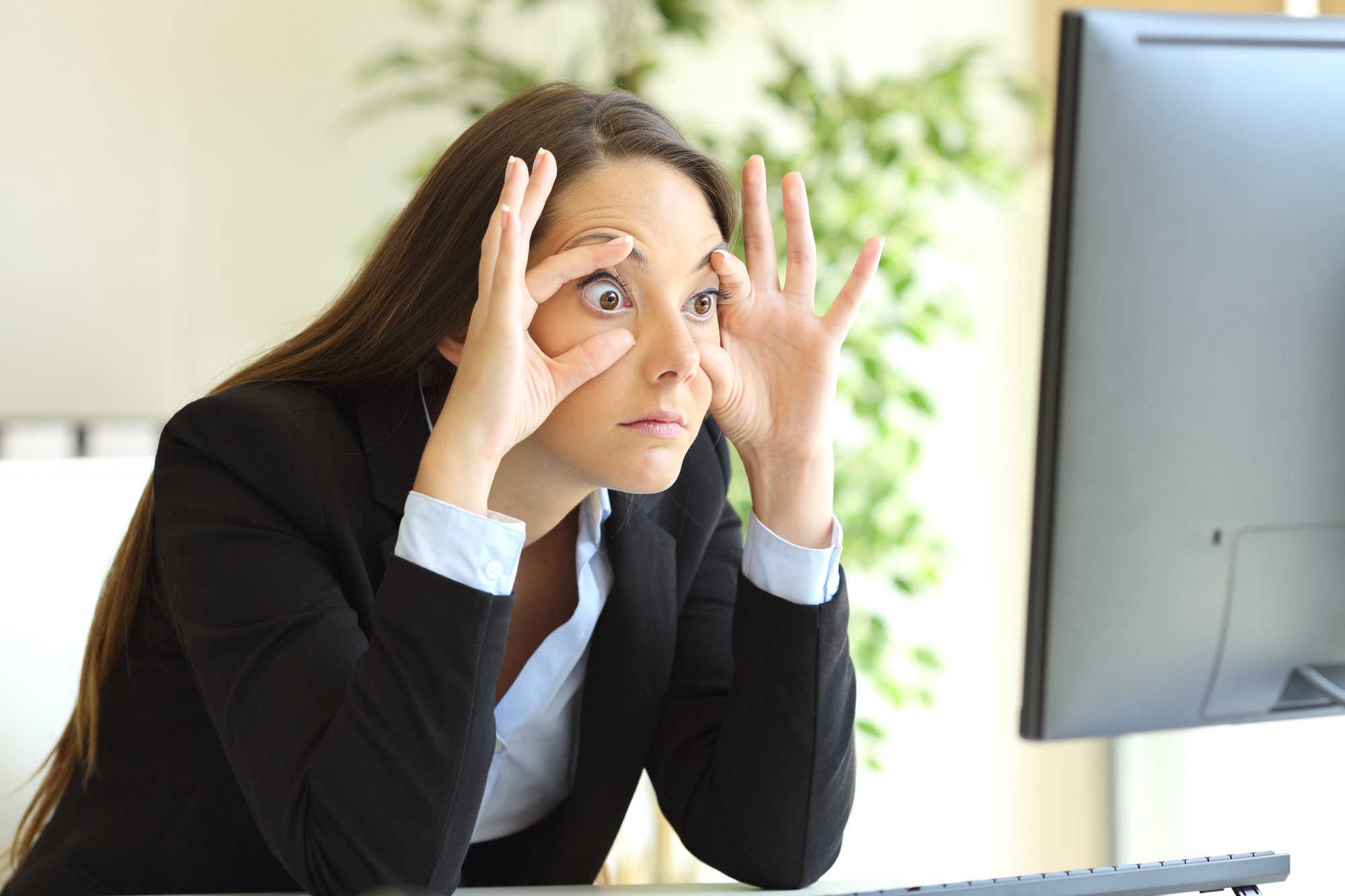

Coffee is addictive, so the more you drink, the more you need to feel alert and focused. and that tolerance level may change due to a variety of factors including age, weight, and medications. You Have a High Caffeine Toleranceįor those who drink coffee regularly or in excess, it’s possible to build up a tolerance to it over time. Once the effects of the caffeine wear off, the accumulated adenosine floods through the brain and causes feelings of fatigue. When you consume caffeine, however, it blocks these receptors and prevents the brain from receiving adenosine, so the chemical builds up. Under normal circumstances, the adenosine binds to receptors in the brain that slow brain activity to prepare for rest. Our levels fluctuate throughout the day, increasing in waking hours and dropping while we sleep. Your Adenosine Receptors are BlockedĪdenosine is a chemical in the brain affecting the body’s internal clock.

Within 90 minutes of ingesting these sugary drinks (depending on what you ate recently), you could feel depleted of energy as the body’s blood sugar levels skyrocket and come crashing back down again. This happens because the body processes sugar at a much faster speed than it does caffeine.Ĭoffee beverages with lots of whipped cream or shots of flavored syrup are common culprits to avoid. If you drink coffee or coffee-flavored drinks containing high amounts of sugar, it’s likely you’ll crash hard after a couple of hours once the quick energy runs out. Keep your caffeine intake to 500 mg or less per day to take advantage of coffee as part of your hydration routine. The good news is, caffeine in moderation won’t cause dehydration. Remember, you’ll need to focus more on hydration during hot summer months if you’re exercising strenuously, and especially if you’re sick.” says dietitian nutritionist Carlene Thomas RDN. You can have coffee in moderation, but you can also count a smoothie, soup, or hydrating foods like melon or berries towards your goal. To make sure you’re staying hydrated, you don’t just have to focus on water. “Dehydration can be a definite cause of fatigue. If the body isn’t adequately hydrated, you could potentially feel tired after consuming coffee instead of energized.

This pattern leads to dehydration and fatigue. To combat the tired feelings, you reach for another coffee. Without enough oxygen, you experience exhaustion. The blood then travels much more slowly through veins and arteries, resulting in less oxygen being delivered to the body. Once the body loses water and coffee officially causes dehydration, your blood volume decreases. Because of this, coffee drinkers sometimes find themselves in a vicious cycle of making frequent restroom visits. It Can Cause DehydrationĬoffee is a diuretic, meaning it helps the body rid itself of water. In this article, we will talk about the different reasons why coffee can make you sleepy, provide tips for avoiding drowsiness after your daily coffee routine, and answer some of the most frequently asked questions about coffee. However, in some cases, it can have the opposite effect and make you feel tired instead.

People turn to the drink for increased alertness, energy, and focus. Coffee is one of the most widely consumed stimulants in the world, next to herbal teas.


 0 kommentar(er)
0 kommentar(er)
